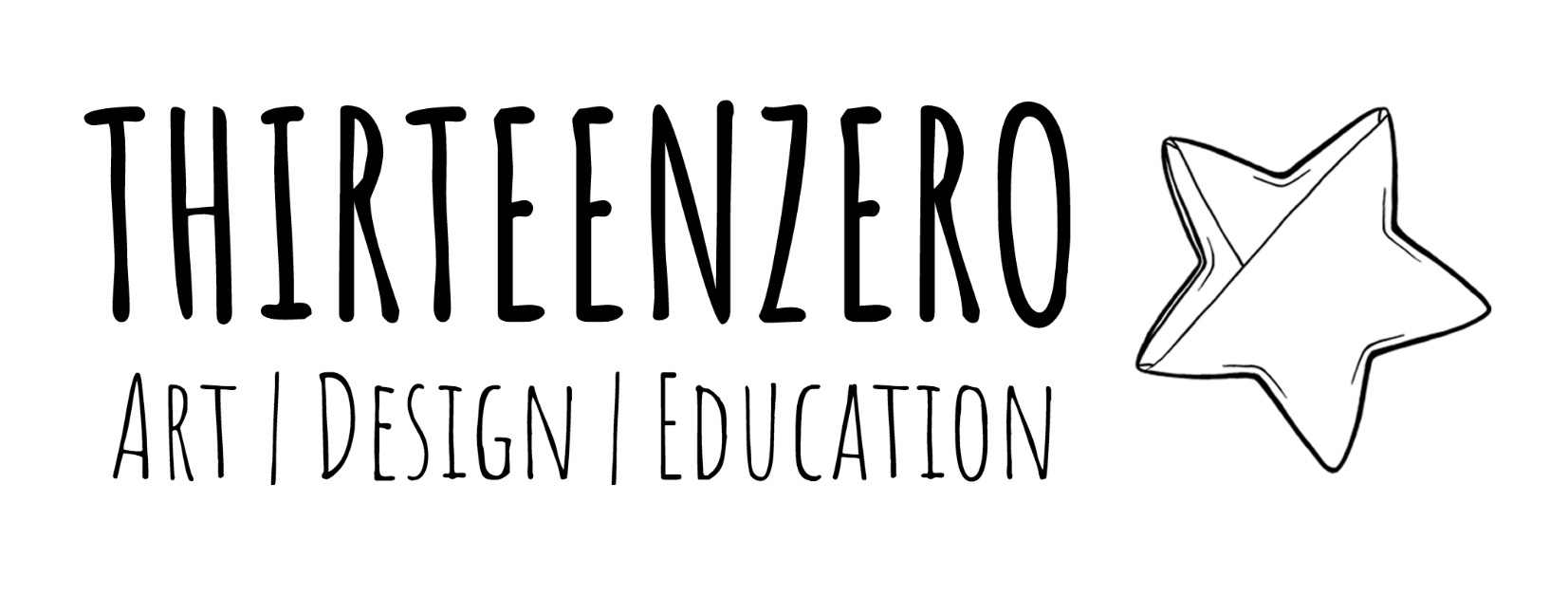“Now You See Me, But You Don’t: Neoliberal Visibility and the Politics of Being Counted”
Co-authored with Jacob Lau, Feral Feminisms 9 (2019), “State Killing: Queer and Women of Color Manifestas against U.S. Violence and Oppression”
The article examines the co-occurrence of the 2010 United States census and Arizona Senate Bill 1070 under President Barack Obama’s administration to unpack how nonnormative exceptionalism, or the practice of petitioning the state to increase the visibility of marginalized subjects, laid the groundwork for President Donald Trump’s violent targeting of vulnerable populations. By analyzing a promotional video that instructs trans people to “come out” on the census and an animated video that critiques U.S. settler colonialism and immigrant exclusion, this article argues that neoliberal visibility divides and conquers marginalized populations through the logic of colonial settlement.
Access article HERE.
Access Feral Feminisms issue 9 HERE.
“Arts and Crafts, Elsewhere and Home, Mama & Me: Defying Transnormativity through Bobby Cheung’s Creative Modalities of Resignification”
Critical Ethnic Studies: A Reader, Duke University Press, 2016
This article discusses Mama & Me, a mixed-media artwork by FTM-identified Hong Kong immigrant Bobby Cheung, as a trans of color critique of the normativizing discourses of US-based transgender politics. Drawing on the history of Asian immigration and diaspora studies, this article explores the ways in which Cheung’s work foregrounds racialization as a regime of gendering and challenges the progressive narrative of subject formation central to the conceptualization of transgender identity. As an artwork that represents Cheung’s struggle to rebuild a relationship with his mother, Mama & Me not only questions the teleological coming-out discourse that posits the act of “leaving home”—family, country of origin, or signifiers of one’s assigned sex—as a prerequisite for actualizing one’s lived gender, but also, through the medium of craft, disrupts the problematically gendered logic of transnational capital and resignifies the meaning of Asian American masculinity in the era of neoliberal globalization.
Access article HERE.
“Badass, Motherfucker, and Meat-Eater: Kit Yan’s Trans of Color Slammin’ Critique and the Archives of Possibilities”
nineteen sixty nine: an ethnic studies journal 1, no. 1 (2012)
This article examines Badass, a spoken word performance by Hawaiʻi-born Chinese American FTM transgender slam poet Kit Yan. Performed live on stage across the country and circulated online via YouTube, Yan’s intense, fast-paced articulation of contradictory masculinities in Badass provides a powerful insight into the constructions of gender, identity, and community through a trans of color perspective. As a collage of divergent masculinities, Badass speaks to the impossibility for male-identified people, in general, and Asian American men, in particular, to simply reclaim maleness in order to be recognized as legitimate citizen-subjects, since there is no such a thing as a singular, authentic masculine ideal in which one can draw on as a measure of identification and belonging. Badass thus provides an incisive critique of Asian American nationalist and Asian settler colonial attempts to recuperate Asian American male subjectivity through gender conformity and sexual disciplining; the work calls to attention the violence of “community” in the post-Civil Rights era and intervenes in the very processes of representation.
Access article HERE.




